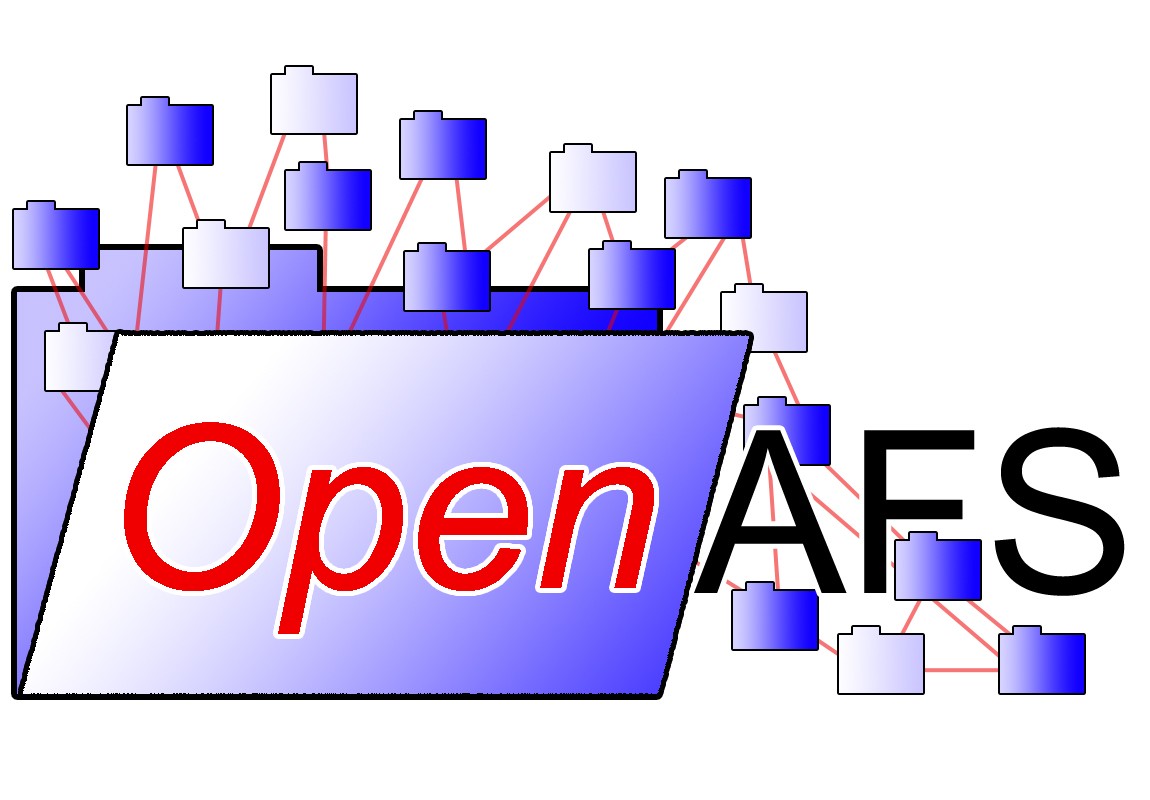Program
Tutorials and Workshop take place in at University of Michigan.
Friday 16 June
| Speaker | Title |
|---|---|
| Giovanni Bracco, ENEA | Implementing GRID interoperability |
| OpenAFS is one of the main components of ENEA-GRID infrastructure which provides the scientific computation services in our institution. ENEA, the Italian National Agency for New Technologies, Energy and Environment, has several research centres all over Italy and our AFS cell, enea.it, is distributed over a wide area network, with 6 dbservers and ~20 fileservers. The other main ENEA-GRID component is LSF Multi-Clusters, which provides the job scheduling and resource discovering functionalities over WAN for ENEA multi-platform computational facilities. ENEA is also a funded partner in the EGEE [Enabling Grids for E-sciencE] project which is one of the main GRID projects in Europe and so now ENEA-GRID has been connected with EGEE infrastructure. Each GRID infrastructure is characterized by a specific architecture and by its own middleware, the software layer which provide the GRID functionalities. ENEA-GRID middleware consists essentially of OpenAFS and LSF while EGEE middleware is based on globus, integrated with contributions both by previous grid projects and by the project itself. The focus in ENEA participation in EGEE has been GRID interoperability. In fact the main ENEA-GRID resources (AIX based) have to be shared with EGEE minimizing the invasiveness of its middleware inside the ENEA-GRID architecture and overtaking the difficulty due to the fact that EGEE middleware does not support AIX operating system. This has been obtained by implementing a gateway system where OpenAFS plays an important role. In order to achieve that also the gsskog/gssklogd package has been modified for compatibility with the Virtual Organization management used by EGEE middle-ware. The implementation of the OpenAFS based gateway and the modification to gsskog/gssklogd will be described in the presentation. | |

